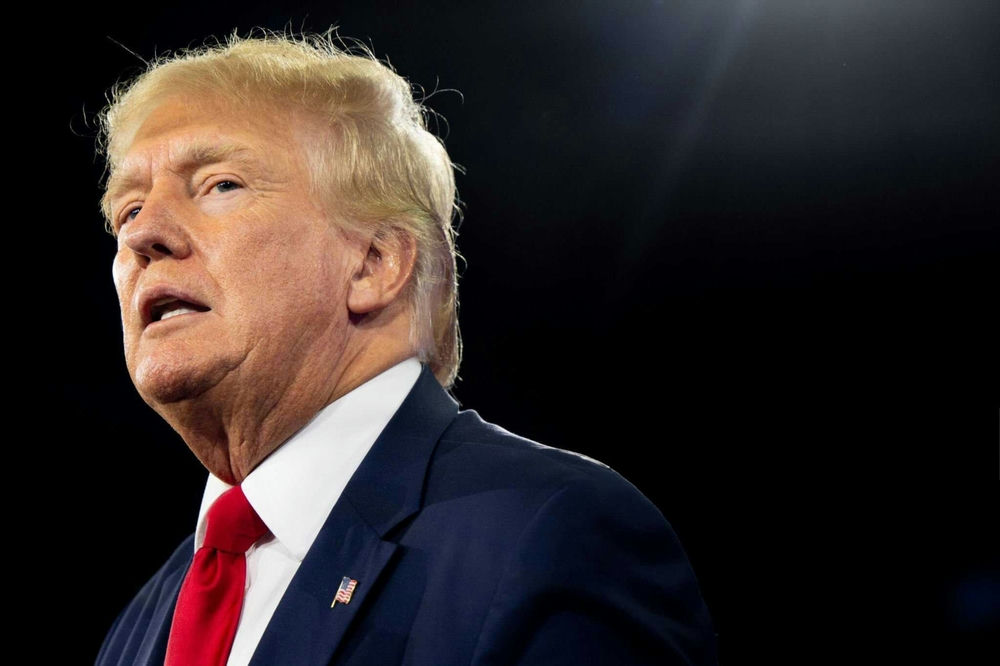President Trump’s rescission package slashing $9 billion from foreign aid and public broadcasting has passed the Senate by the slimmest of margins, leaving Americans on the edge of their seats.
Trump’s Rescission Package: A Historic Move
President Donald Trump has achieved a landmark victory with the Senate’s approval of his rescission package, a move that slashes $9 billion from foreign aid programs and the Corporation for Public Broadcasting. The vote, which came down to a razor-thin 51-48 decision, marks a significant success for the Trump administration’s goal of curbing federal spending on what it considers non-essential programs. This is a clear win for fiscal conservatives who have long argued that taxpayer dollars should not fund ideologically misaligned initiatives like public broadcasting and unnecessary foreign aid.
While the Corporation for Public Broadcasting, which funds NPR and PBS, faces a $1 billion cut, foreign aid programs are hit even harder with an $8 billion slash. This rescission package is a testament to the President’s commitment to fiscal discipline and reflects his administration’s priorities to reduce federal overreach and refocus on core American interests. However, not all in the Republican Party are cheering. Senators Susan Collins and Lisa Murkowski broke ranks, citing concerns about the constitutional balance of power.
Senate Republicans: A House Divided
The path to passing this rescission package was anything but straightforward. The Senate vote exposed deep divisions within the Republican Party. While a majority of Senate Republicans rallied behind the President, the dissent from Senators like Murkowski and Collins highlighted ongoing tensions between Trump loyalists and moderates within the party. These senators voiced strong objections, not just on policy grounds, but also in defense of Congress’s constitutional power over the purse. Despite these internal rifts, the leadership managed to secure enough votes, with Senator Mitch McConnell ultimately siding with the majority after initial hesitations.
In the House, the passage was equally tight, with the final vote standing at 216-213. Two Republican representatives, Mike Turner and Brian Fitzpatrick, joined Democrats in opposing the measure, underscoring the contentious nature of the cuts. The package’s approval is a testament to the Republican leadership’s ability to navigate a fractured party landscape and push through significant fiscal reforms.
Impact on Public Broadcasting and Foreign Aid
The repercussions of this legislative decision are poised to be felt both domestically and globally. Public broadcasting stations, especially those in rural and underserved areas, are bracing for the impact. Many fear that the funding cuts could lead to layoffs, reduced programming, and even station closures. This potential diminishment of public media access raises concerns about the future of educational and local news services, which are vital resources for many communities.
On the international front, the reduction in foreign aid could disrupt ongoing projects aimed at improving global health, education, and infrastructure. Critics argue that these cuts could weaken U.S. influence abroad and hinder efforts to promote global stability. However, supporters of the rescission package view it as a necessary step in reigning in government spending and refocusing on domestic priorities.
A Shift in Power Dynamics
Beyond the immediate financial implications, the passage of this rescission package signals a potential shift in the balance of power between the executive branch and Congress. By successfully driving this large-scale rescission, President Trump has set a precedent for future executive-driven budgetary changes. This move could embolden future administrations to take similar actions, potentially tipping the scales of fiscal control further towards the White House.
The broader political landscape may also feel the ripples of this decision. While fiscal conservatives celebrate a hard-fought victory, there is potential for backlash from supporters of public media and international aid. These cuts may deepen the partisan divide over federal spending priorities and the government’s role in media and international affairs, setting the stage for ongoing debates in future legislative sessions.

